11. skunk (Native American)
A small, black and white animal that can spray a terrble-smelling liquid when threatened. From a Native American term šeka·kwa , meaning a bushy-tailed animal + urine.
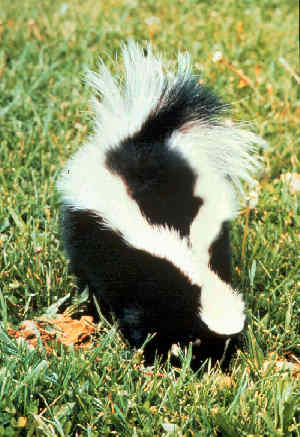
12. anonymous (Greek)
The adjective anonymous means someone who does not reveal his/her identity. For example, you can make an anonymous donation to an organization, or write an anonymous opinion letter to the newspaper. From the Greek word anōnumos, meaning “without a name.”

13. orbit (Latin)
The path of a planet or other object as it travels in a circle around another object due to the gravitational relationship. For example, the earth orbits the sun, and the moon and satellites orbit the earth. From the Latin word orbita.

14. khaki (Persian)
A light brown color. Pants that are made from a fabric of this color can be called khakis. From Persian khāk, meaning “dust.”
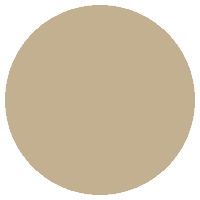
15. jaguar (Tupi-Guarani)
A type of large wild cat with spots on its fur. It is related to the leopard. From Tupi-Guarani (indigenous langauges of South America) jaguara/yaguara.
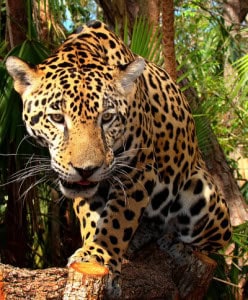
16. sapphire (Hebrew)
A clear, blue gem considered to be valuable and often used in jewelry. From Hebrew sappîr, meaning a precious stone.
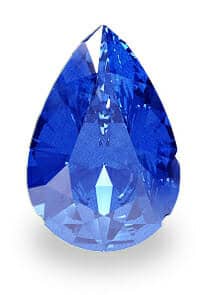
17. phony/phoney (Irish Gaelic)
If something is phony, it means it is fake, not real or authentic. From fáinne, meaning “ring,” since deceptive people used to try to sell brass rings claiming they were made of gold.
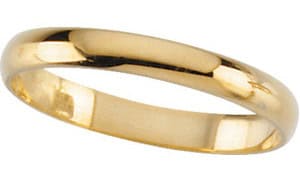
18. mammoth (Russian)
The noun mammoth refers to an extinct animal that was like an elephant covered in hair with long tusks.
Mammoth is also used as an adjective to mean something extremely large. From Russian mamont.
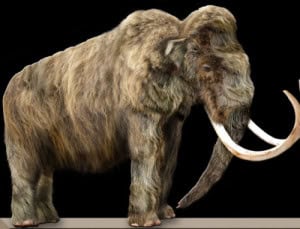
19. tulip (French/Turkish/Persian)
A tulip is a kind of flower which can be various colors. From French tulipe, which came from Turkish tülbend, meaning “turban,” referring to the shape of the flower).

20. okra (Igbo)
A type of plant whose seed pods are edible. From the word ókùrù in Igbo, a language of Nigeria.
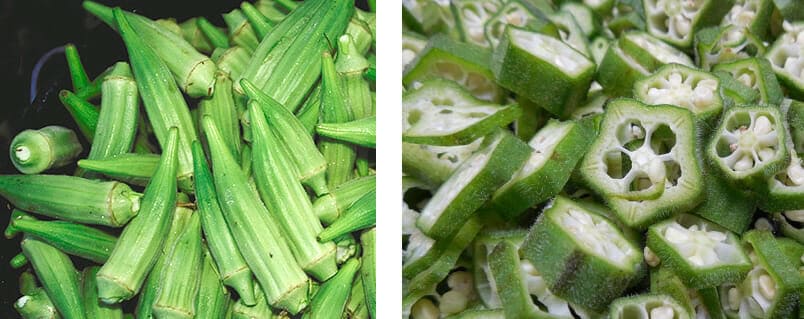
Image sources: Bjørn Christian Tørrissen, LesFacettes, John O’Neill, Aravind Sivaraj










